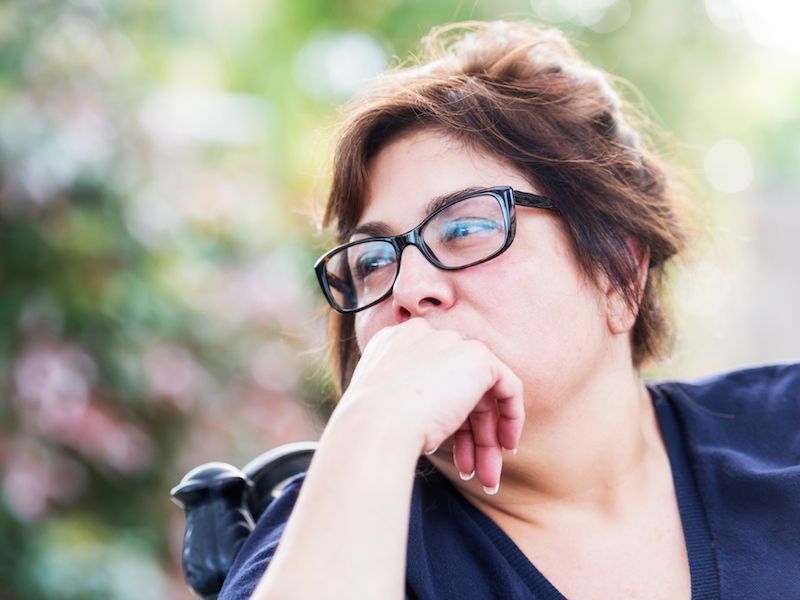
Studies show that people who have diabetes are twice as likely to have hearing loss, according to the American Diabetes Association. That could surprise those of you who automatically connect hearing loss with aging or noise damage. In 2010, 1.9 million people were diagnosed with diabetes and close to 500,000 of them were below the age of 44. Evidence shows that 250,000 of those younger people who have the disease probably suffer from some form on hearing loss.
A person’s hearing can be impaired by several diseases besides diabetes. Other than the obvious factor of the aging process, what is the relationship between these conditions and hearing loss? These diseases that cause hearing loss should be taken into consideration.
Diabetes
What the link is between diabetes and hearing loss is unclear but clinical research seems to suggest there is one. A condition that suggests a person might develop type 2 diabetes, called prediabetes, causes people to lose their hearing 30 percent faster than people who don’t have it.
Even though there are some theories, researchers still don’t know why this occurs. It is feasible that high glucose levels could cause damage to the blood vessels that feed the inner ear. That’s a realistic assumption since diabetes is known to influence circulation.
Meningitis
Loss of hearing is a symptom of this infectious disease. Meningitis by definition is inflammation of the membranes that cover the spinal cord and brain, usually due to infection. Studies show that 30 percent of people who develop this condition will also lose their hearing, either partially or completely. This infection is the second most common cause of hearing loss among the American youth.
The fragile nerves that send signals to the inner ear are potentially damaged by meningitis. Without these signals, the brain has no method of interpreting sound.
Cardiovascular Disease
Cardiovascular disease is an umbrella name that relates to conditions that affect the heart or blood vessels. This category contains these common diseases:
- Stroke
- Heart attack
- High blood pressure
- Peripheral artery disease
- Heart failure
- Atherosclerosis
Age related hearing loss is normally associated with cardiovascular diseases. Damage can easily happen to the inner ear. When there is a change in blood flow, it may not get the oxygen and nutrients it needs to thrive, and injury to the inner ear then leads to loss of hearing.
Chronic Kidney Disease
A 2012 study published in The Laryngoscope found that people with this condition also had an increased risk of hearing loss. A separate study found that chance to be as high as 43 percent. It is feasible that this connection is a coincidence, though. Kidney disease and other ailments associated with high blood pressure or diabetes have lots of the same risk factors.
Another theory is that the toxins that build-up in the blood as a result of kidney failure might be the culprit. The connection that the nerves have with the brain may be closed off due to damage to the ear by these toxins.
Dementia
The connection between hearing loss and dementia goes both ways. There is the indication that cognitive deterioration increases a person’s chances of getting conditions like Alzheimer’s disease. Brain shrinkage and atrophy are the causes of dementia. That process is accelerated by hearing loss.
It also works the other way around. As damage to the brain increases someone who has dementia will have a decline in their hearing even though their hearing is normal.
Mumps
At an early age the viral infection mumps can cause children to lose their hearing. Hearing loss may affect both ears or only one side. The reason why this happens is the virus damages the cochlea in the inner ear. Messages are sent to the brain by this portion of the ear. The positive thing is, due to vaccination mumps are pretty rare nowadays. Not everyone who has the mumps will experience hearing loss.
Chronic Ear Infections
Treatment gets rid of the occasional ear infection so it’s not very risky for the majority of people. For some, though, infection after infection can wear out the tiny pieces that are necessary for hearing like the eardrum or the small bones in the middle ear. This type of hearing loss is called conductive, and it means that sound cannot reach the inner ear with enough energy, so no signals are transmitted to the brain. Infections can also lead to a sensorineural hearing loss, which means nerve damage.
Many of the diseases that can lead to hearing loss can be avoided by prevention. Throughout your life protecting your hearing will be achievable if you exercise regularly, get the right amount of sleep, and have a healthy diet. You should also get regular hearing exams to make sure your ears stay healthy.

